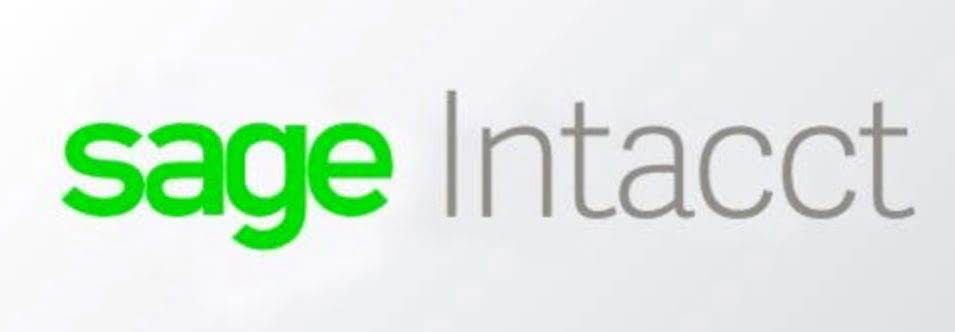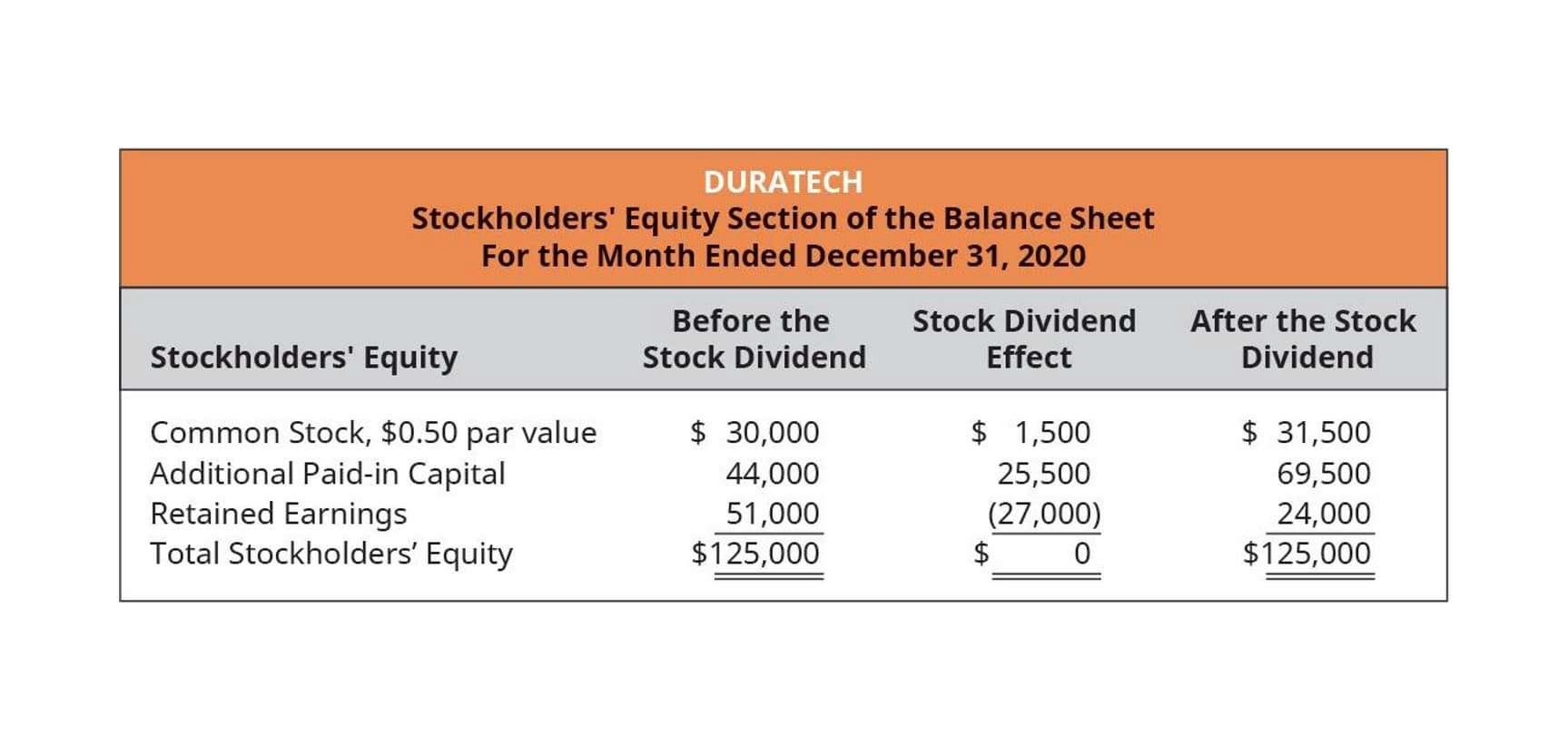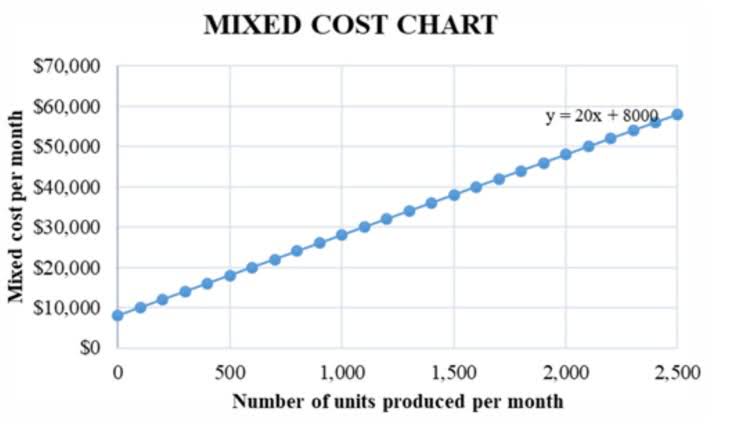
I write articles and talk to what math do you need for accounting people about their health insurance for a living. I’ve also administered online learning platforms, developed courses, and taught music—all since earning my degree. I plan to do other things over the course of my life too, maybe even own a business.
It Can Lead to Multiple Careers

Some programs in accounting also require students to take a course in mathematical methods, also known as mathematical modeling. Computers play an important role in accounting, and a course like mathematical methods goes a long way in preparing them to succeed in the profession. Like other degree types, accounting degrees are available in different formats, such as on campus, online, or hybrid, to cater to each student’s needs. Prospective accountants should consider the following factors before enrolling in accounting degrees. It may come as a surprise, but https://www.bookstime.com/articles/bookkeeping-for-large-business math, though important, is not necessarily the main skill you will need in accounting.
Numbers don’t make your brain hurt.
After gaining enough college credit and professional experience, accountants may qualify to earn Certified Public Accountant licensure and other career-boosting certifications. The BLS reports an annual median salary of $78,000 for accountants and auditors as of 2022—more than $30,000 above the median annual wage for all occupations nationwide. We’ll take a general look at the profession before diving into salary and job outlook data. We will then lay out the steps you can take to start an accounting career. Although tuition varies among programs, the average undergraduate accounting degree costs between $42,000 and $72,000. However, a master’s degree may be necessary to pursue a CPA license, which requires additional accounting and business-related coursework beyond a bachelor’s degree.

Do You Have to Be Good at Math to Be an Accountant?

Women make up more than half of all accounting personnel but are less likely than men to hold leadership roles. Becoming a CPA after completing an accounting degree can open more doors in the field. CPAs can launch accounting firms, work with businesses of all sizes, or enter advanced positions as cost estimators or portfolio managers. Analyzing and interpreting data may be one of the most important skill sets of all. If you have shown aptitude in quantitative, problem-solving abilities, it is likely that you will be well prepared to study accounting and to eventually pass your CPA licensing exam. And while math is one way to work on your quantitative skills, you may find that courses in logic, economics or physics may be just as important.

Auditing Principles
Accountancy encompasses many specializations to suit professionals’ different interests and goals. Other course options that may fulfill your general education math requirements might include general classes like https://www.instagram.com/bookstime_inc Introductory Survey of Mathematics. How much skill in mathematics you need to be an accountant is a somewhat different question. If you want to work in accounting, math will be a part of your career and, in fact, your daily life. You can’t avoid math entirely in most areas of business, but you will likely use more math as an accountant than you would in a role like human resources specialist.

